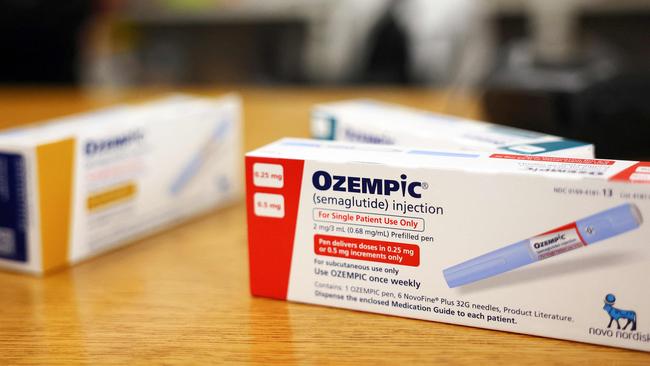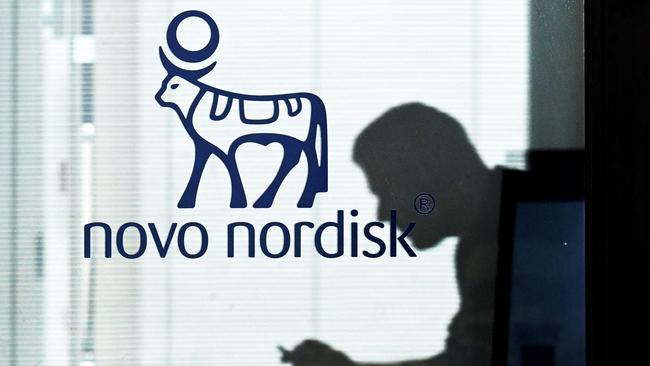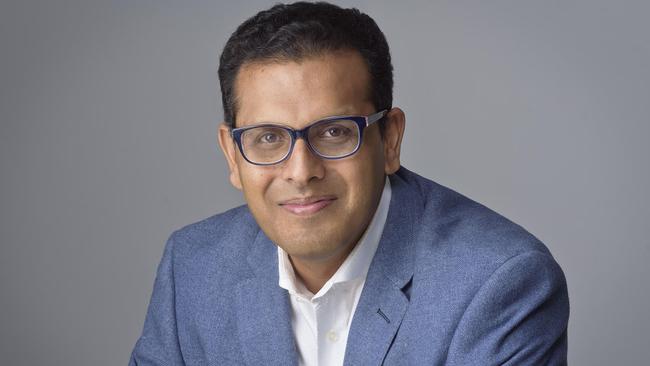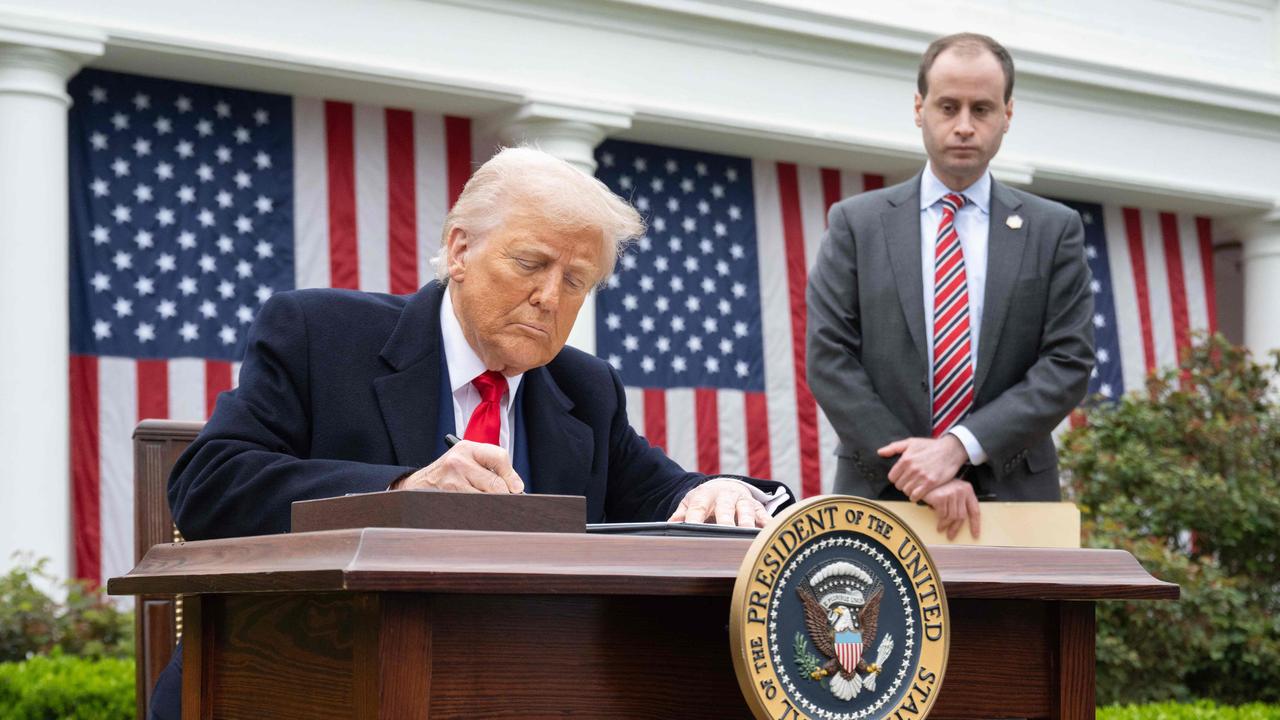Mounjaro joins growing list of type 2 diabetes treatment supply limits
Mounjaro is the latest type 2 diabetes treatment to be hit with a shortage as GPs continue to prescribe it off-label for weight loss reasons.

The Therapeutic Goods Administration has announced another diabetic treatment is experiencing global shortages alongside fellow drugs Ozempic and Trulicity because it’s being widely used for weight loss.
Mounjaro (tirzepatide) is approved for use as a type 2 diabetes treatment, but is currently being prescribed off-label in large numbers to manage weight loss.
The American pharmaceutical company behind Mounjaro, Eli Lily, informed the TGA of the supply issue and that all strengths of the treatment would be limited until August 31, 2024.
This follows the same trend as Ozempic (semaglutide), another type 2 diabetic treatment that was manufactured by Danish pharmaceutical company Novo Nordisk. Large shortages occurred across the world after it became a Hollywood weight loss trend last year.
In May 2022, the TGA and Novo Nordisk released a joint statement advising GPs to prioritise the drug for those with diabetes. On the TGA’s website, it states that Ozempic supplies will be limited for the rest of 2023 and into 2024.

“Since the worldwide shortage of diabetes medicine Ozempic started in April 2022, the TGA has received hundreds of messages with comments and questions from people who have been affected, many with similar concerns,” the TGA statement reads.
“We recognise the importance of Ozempic for patients living with diabetes and the other chronic health conditions it is being used to treat, and we are taking this shortage very seriously.”
Truclicity (dulaglutide) is also facing shortages, with Eli Lily informing the TGA that the limited supplies would continue until December 31 next year.
While these treatments do have a positive result for those struggling with weight, Western Health’s Acting Head of Endocrinology and Diabetes, Dr Dev Kevat, says its doctors and patients who have drawn the short straw. “These shortages are frustrating for patients with diabetes and the doctors who work with them. Access has been patchy for many months, and doctors have had to keep changing patient’s medications to try to keep the control of diabetes,” he said.
“Doctors … are in a very difficult position. They are asked to be gatekeepers of limited resources, and on the other hand they are understandably motivated to improve their patient’s health.”

When it comes to Hollywood and social media’s parts in the shortages, Professor Jonathan Shaw from Baker Heart and Diabetes states that “there is no doubt that there is a huge appetite for this and other similar drugs”.
“Much of this comes from the genuine need to use effective drugs for both obesity and type 2 diabetes,” he said.
Under Australian law, it is illegal to advertise prescription medications to the public. This is to ensure people make health decisions with their GP and not from colourful advertising.




